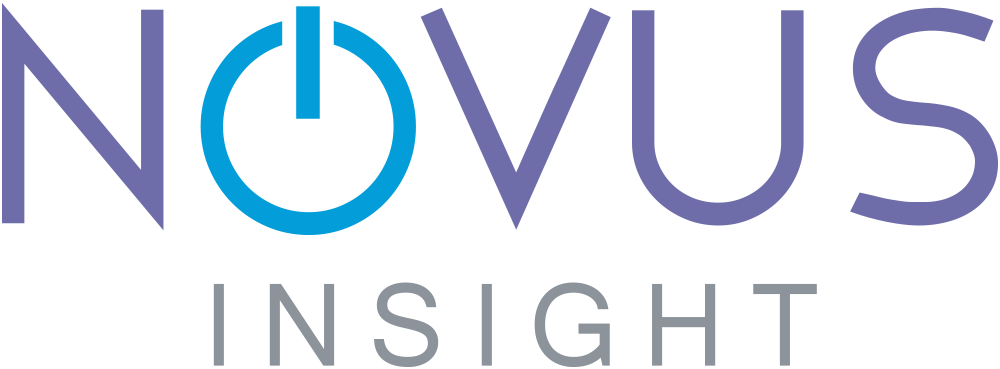TANGO Partners Perspective – June 2023
Bad Data Is More Costly Than Organizations Realize
Written By: Joe McGrattan
Strategic Partnerships | Novus Insight, Inc


Why is it risky? Well, as organizations collect more and more data, the amount of bad data tends to increase unless proper processes and oversight are in place. This burden can be costly and will persist until a concerted effort is made to revamp how critical data is managed and who takes responsibility for it.
To help you maintain the accuracy of your data, here are ten suggestions:
- Minimize manual data entry processes as much as possible, as they are the primary source of data entry errors. Reducing them will greatly improve data quality.
- Strive for uniformity in your database. Aim for consistency, such as eliminating multiple representations of the same information (e.g., U.S., USA, U.S.A.).
- Centralize your data as much as possible, especially related data. Scattered data across disparate databases is more prone to inaccuracies. Centralization also aids in data security.
- Avoid collecting unnecessary data or retaining data that is no longer needed. Clearly differentiate between what is useful and what is not.
- Be deliberate in how you collect and organize data. Foster awareness of this within your organization’s culture, similar to how you prioritize cybersecurity.
- Regularly audit your databases to proactively identify and address bad data. This helps prevent a messy cleanup process by catching problems early on.
- Restrict access to editing your most important data. Separate viewing privileges from editing privileges, and ensure that those editing the data adhere to consistency and uniformity guidelines.
- Handle database merges, migrations, and imports with caution, as errors can occur. Clean up data before conversions and conduct post-conversion audits to verify completeness.
- Foster collaboration and communication among the individuals involved in collecting, generating, using, and maintaining key data. Don’t leave the responsibility solely to IT; involve relevant stakeholders. IT professionals may not always be data specialists.
- Always ensure that your database is fully backed up before implementing any changes.
It’s important to note that nowadays few people blindly trust the quality of their data, and that’s a good thing. However, the majority of nonprofit executives wish they had more confidence in the accuracy of their data to drive decision-making. Building that confidence is possible, but it requires a committed effort to change the organization’s operating methods, not just temporarily.
Keep an eye out for an upcoming TANGO webinar on this topic, where we will discuss these concepts in more detail. We will also review a case study of a social services nonprofit that successfully transformed its operations affordably by implementing several of the aforementioned changes.
CONTACT OUR
TANGO PARTNER
View Special offerings to TANGO Members from Novus Insight
https://www.tangoalliance.org/partner-vp/novus-insight/
